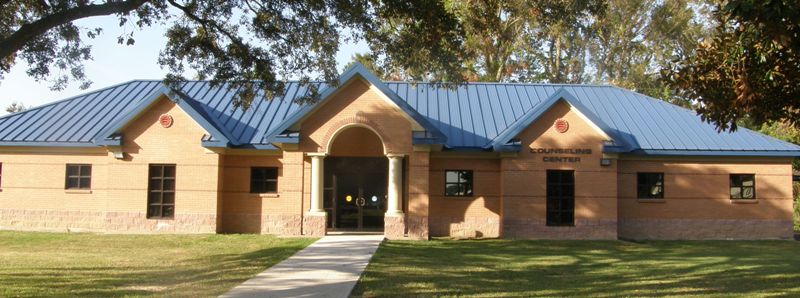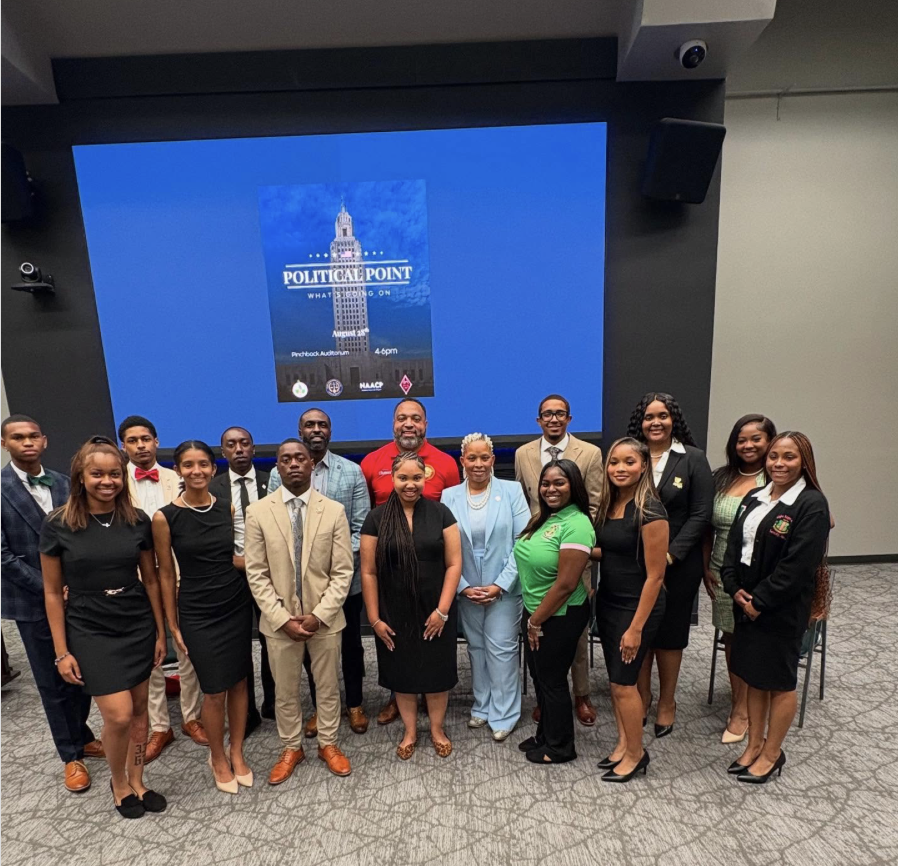Twenty-eight years ago, the annual football clash between two of the south’s most titanic historically black colleges became known as the Bayou Classic. The Classic started as another strong collegiate rivalry between two in-state schools.
Now the event, held every year on Thanksgiving weekend, continues to draw over 200,000 fans to the city of New Orleans.
The first Classic was played in 1974 in Shreveport’s Fair Park stadium.
The score was Grambling 21, Southern 0; this game was the only shutout in Bayou Classic history.
“It’s a natural rivalry between two Louisiana schools that are strong arch rivals of each other,” said Kevin Manns, Southern University’s sports information director.
“It’s one of those deep, entrenched love/hate relationships between SU and Grambling,” Manns said.
Before 2000, the series was tied at 13-13. Southern won that game, making it 14-13. Southern has won the last eight games, creating the longest consecutive winning streak in the history of the Bayou Classic.
The first game that was played in New Orleans was at Tulane University Stadium, before the Superdome was built.
“I remember that game,” replied Ralph Slaughter, vice president of the Southern University system and coordinator of the Bayou Classic.
“To have watched this thing evolve over these twenty years has been an incredible experience. For us, this is the Super Bowl of college sports. It has become a household name across America and the world,” Slaughter added.
The Classic has been televised internationally on NBC for over a decade. Over two million people around the world watch the game each year.
In 1996 The State Farm Insurance Agency become a prominent sponsor of the game.
“They put up enough money to be the title sponsor,” said Slaughter. “That’s why it’s now called The State Farm Bayou Classic.”
He went on to say that since then many other sponsors such as Ford Motor Company, Burger King, Coca-Cola, and Southwest Airlines have helped make this event “what it is”.
This year the ten-year contract with the Superdome, reserving it for the Bayou Classic weekend is up. This means the game may or may not be held in New Orleans next year.
Both universities are researching other cities to host the event, including Houston.
Regardless of where the game is held, coordinators are expecting the Bayou Classic will continue to grow.
“We’re going to continue to add things to enhance the value of the Classic,” Slaughter said, “this (The Bayou Classic) will continue to be a special game.”
He went on to say that this year’s game would determine which of the teams, will go to the SWAC championship.
Categories:
Bayou Classic had a rich tradition, strong present, a bright future
November 16, 2001
0
More to Discover





